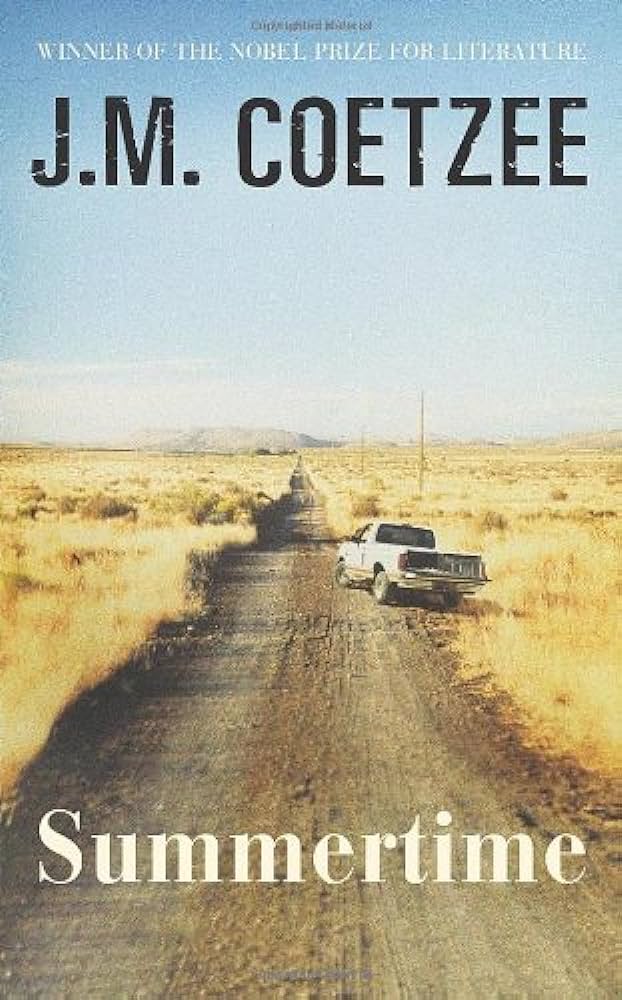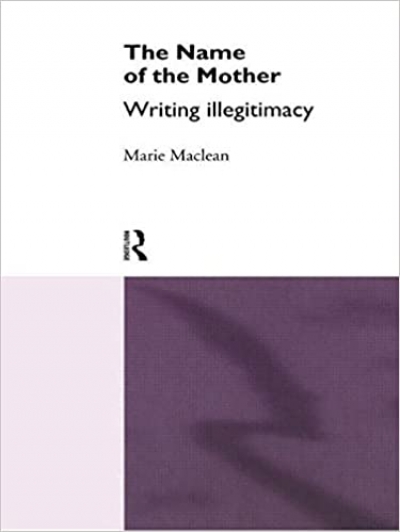Criticism
The Wheeler Centre recently hosted ‘four provocative nights’ based on the assertion that Australian criticism of film, theatre, books and the visual arts is, in its own words, ‘failing us all’. The series was entitled ‘Critical Failure’. For ABR readers unable to attend, here is one person’s account of the books-related panel.
... (read more)Summertime by J.M. Coetzee & The Cambridge Introduction to J.M. Coetzee by Dominic Head
AUSTRALIAN JOURNAL OF FRENCH STUDIES VOL. XLIV, NO. 1, 2007 edited by Brian Nelson & AUSTRALIAN JOURNAL OF FRENCH STUDIES VOL. XLIV, NO. 2, 2007 edited by Brian Nelson and Françoise Grauby
For there is always going on within us a process of formulation and interpretation whose subject matter is our own selves.
These words appear towards the end of Erich Auerbach’s study of representation in Western literature, Mimesis. First published in 1946, the book has become a classic of twentieth-century literary criticism, but is almost as famous for the circumstances under which it was composed as for its content. It was written between 1942 and 1945 in Istanbul, where Auerbach, a German Jew, was living in exile.
... (read more)Authority and Influence: Australian literary criticism, 1950–2000 edited by Delys Bird, Robert Dixon and Christopher Lee
On the last day of the Melbourne Writers’ Festival, I attended a session titled ‘Hope and Wright Remembered’, a presentation intended as a memorial for those two well-known figures of Australian poetry, A.D. Hope and Judith Wright. For a panel on poetry, it was exceptionally well attended, the Merlyn Theatre being nearly full. I had the impression that the session would be one of two things: either a commemoration ceremony for the recently departed, in which those left behind would eulogise the Great Man and the Great Woman, or it would be a chance for criticism in both its affirmative and condemnatory modes, a chance to make claims either for or against the poets’ work.
... (read more)The last thing a highbrow hack needs is to find himself in a sustained bout of controversy with a blockbusting writer from the other side of the tracks. A few weeks ago at the Melbourne Writers Festival, I found myself a participant in a discussion about reviewing (and whether the critic was a friend or a foe) which rapidly turned into a sustained accusation on the part of the bestselling novelist Bryce Courtenay that I and the chairman of the panel, Professor Peter Pierce of James Cook University, were literary snobs with no conception of any popular genres in general and no apprehension of the critical injustices (and personal pain) which Courtenay in particular was subjected to by us and all our ilk.
... (read more)The Name of the Mother: Writing illegitimacy by Marie Maclean
Now is the season of good will towards all specimens to which your correspondent replies ‘Bah humbug’. He does not like Christmas and has always considered Ebenezer Scrooge to be far more sinned against than sinning. Naturally this hack receives no yule time gifts; after all what do you give a youngish fogey whose only wish is to command a Confederate Brigade at the Battle of Shiloh? Yet if reality was suspended (and given the Australian book community’s tenuous grasp of it, this is not altogether unlikely), there are two presents which the wise, the good and the rich amongst Australia’s publishers and writers could confer upon this hack.
... (read more)




